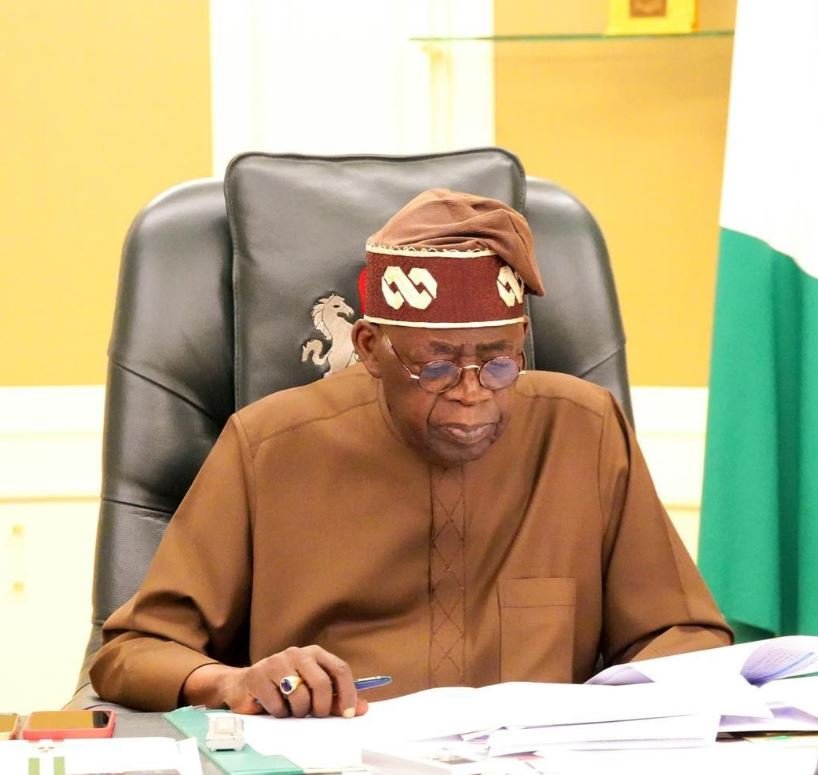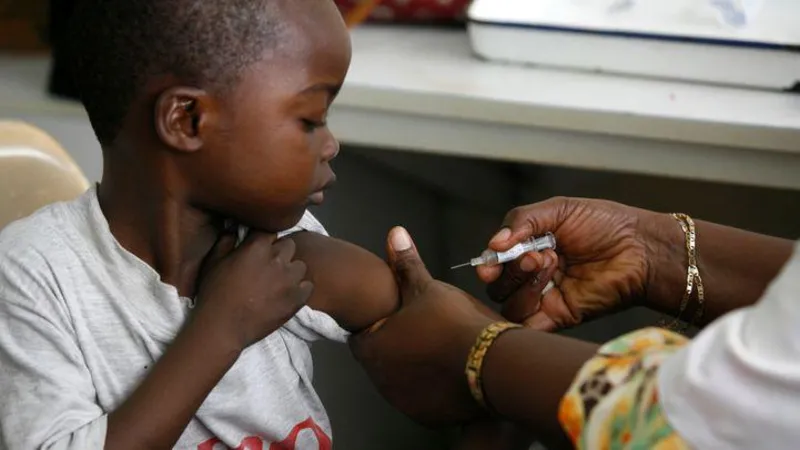Korede Abdullah in Lagos
As President Bola Ahmed Tinubu marks the second anniversary of his administration’s sweeping and controversial economic reforms—chief among them the abrupt removal of fuel subsidies and the far-reaching devaluation of the naira—many Nigerians, especially civil servants, in Lagos who spoke with our correspondent, are taking stock of a turbulent year. Their reflections paint a sobering picture of daily survival amid grand national policy shifts.
Many say the policies, unveiled on May 29, 2023, have brought not relief but relentless hardship. Inflation has surged with punishing speed, transportation costs have tripled in some areas, and the price of basic necessities now feels insurmountable for families living on fixed incomes.
In crowded market stalls and cramped government offices, at chaotic fuel stations and overflowing bus stops, Nigerians—particularly overburdened civil servants—are reeling from the harsh and often disorienting economic realities unleashed by the government’s reforms. For many, these measures have widened the gap between aspiration and affordability, leaving livelihoods in peril.
While the elite gather in glittering halls to toast economic “milestones” and speak of bold progress, average citizens are left to count their losses in silence. Monthly salaries that once stretched modestly now collapse under the crushing weight of skyrocketing prices for food, transportation, electricity, and essential services. The promise of a better tomorrow feels increasingly distant to those who can barely afford today
Beyond economic strain, Nigerians are also grappling with deepening insecurity across the country. In the northern regions, the crisis has escalated into a full-blown humanitarian disaster. Armed herdsmen, terrorists, and bandits have launched relentless attacks, leading to the deaths of thousands and the abduction of countless others in states such as Kaduna, Zamfara, Borno, Niger, Plateau and Benue.
Entire communities have been displaced, schools have shut down, and farmers now fear returning to their lands. Many citizens question the effectiveness of the current administration’s security approach. Despite repeated presidential promises and increased defense spending, the killings and kidnappings continue unabated.
For families living under constant threat of violence, economic hardship is compounded by grief, trauma, and fear. “We are being squeezed from every angle,” says Ibrahim Musa, a teacher from Katsina who now lives in a displaced persons camp. “The government talks about reforms, but we are just trying to survive each day.”

The situation underscores a growing national frustration that extends beyond economic issues. As civil servants in Lagos count the cost of reforms, their counterparts up north mourn lives lost and homes destroyed—raising urgent questions about the direction of Nigeria under Tinubu’s leadership.
Here are the voices of six civil servants speaking frankly with Africa Health Report (AHR) about the past two years under Tinubu’s government:
Moses Adebayo, Ministry of Works:
“Before the subsidy removal, I spent about ₦700 daily on transport. Now, it’s well over ₦2,500. My salary has stayed the same, but everything else has gone up. It feels like we’re being punished for policies we didn’t create.”
Taiwo Sanusi, Education Officer:
“It’s been a year of constant sacrifice. The cost of teaching materials, school uniforms for my kids, and even food has doubled. How are we supposed to teach children when we ourselves are struggling to stay afloat?”
Ronke Oluwasanmi, Health Worker:
“The ripple effect is real in hospitals. Patients can’t pay, and we can’t procure essential drugs. The government says the reforms are for long-term good, but how long must the people suffer before things get better?”
Fatima Razaq, Finance Ministry Staff:
“From an economic standpoint, I understand the rationale behind subsidy removal. But what we didn’t prepare for was the speed and severity of the consequences. It has thrown many families into poverty overnight.”
Olawale Zubair, Transportation Department:
“Fuel costs have made public transport unaffordable for the average worker. Buses are half empty, and many commuters now walk long distances. It’s ironic—we work in transport, but we’re struggling to move ourselves.”
Ngozi Michael, Social Welfare Officer:
“Requests for financial aid have tripled in the past year. People are desperate—civil servants, traders, retirees. The government needs to provide a cushion because this hardship is beyond what the average Nigerian can bear.”
These civil servants paint a picture of endurance and frustration, reflecting the gap between policy intent and on-the-ground impact. Two years into Tinubu’s reform agenda, their voices are a sobering reminder of the human cost behind economic transformation.
While macroeconomic indicators may suggest progress, the lived experiences of Nigeria’s public workforce tell a more nuanced story—one of tightening belts, dwindling morale, and uncertain futures. Their resilience, though admirable, should not be mistaken for contentment.
It is a quiet protest, echoing the urgent need for reforms that do not just balance budgets, but also uplift lives. As the administration charts the next phase of its policies, analysts say these realities must be placed at the center of national planning—not just as footnotes, but as foundational concerns.


